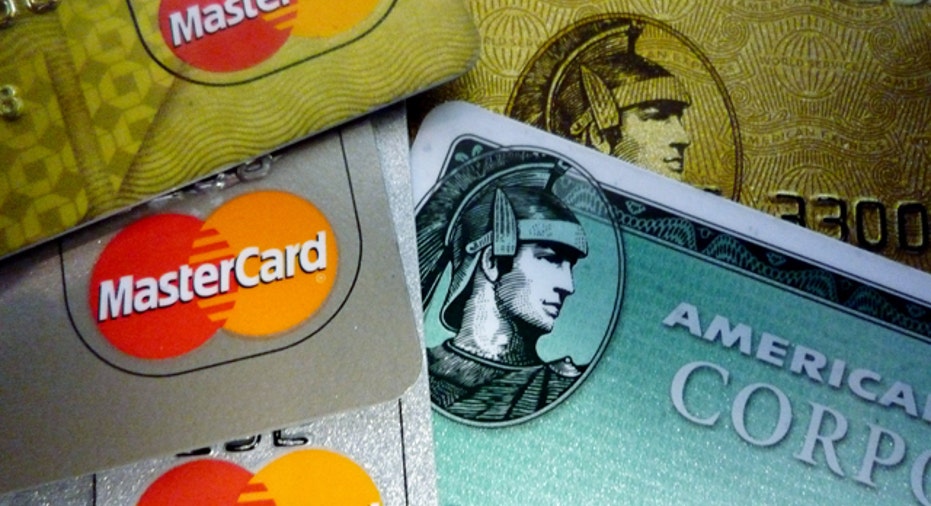Experts Share Best Credit Card Advice

Everyone needs help with plastic. Even the experts.
Whether it's a credit card or a debit card, even the smartest consumers face pitfalls. But they also learn a few lessons in the process. And, if the rest of us are lucky, they share the really good ones.
Here, four money gurus share the best advice they've ever received on dealing with credit cards or debit cards.
You Can Avoid Foreign Transaction Fees
Name: Peter Greenberg
Bio: Author of "Tough Times, Great Travels: The Travel Detective's Guide to Hidden Deals, Unadvertised Bargains, and Great Experiences," and travel editor for CBS News.
Advice: Because I travel so much internationally, where you get nailed is on that foreign transaction fee, which can be as much as 3 percent. So the key is to find a card that doesn't have a foreign transaction fee. And they do exist. And with the amount of travel I do, that 2.7 percent adds up in ways you can't possibly imagine. (For me, it's probably) $2,000 to $3,000 a year, if not more.
Who offered this advice: I found out about it from another traveler who saw me take out my card one day and asked, 'Have you looked at your statement lately?'
Interest Begets More Debt
Name: Ric Edelman
Bio: Author of "The Truth About Money," host of the PBS program of the same name, and chairman and CEO of Edelman Financial Services LLC.
Advice: For a credit card, it would be pay off the balance in full every month.
The interest rate that credit cards charge is very high -- higher than you'd reasonably be expected to earn in an investment. And it can very quickly become a downward spiral as not only the money you don't pay off is charged interest, but interest is charged interest. Many of the people in severe credit card debt find that their balances are due to the interest charges rather than the actual cost of purchases.
Who offered this advice: My parents. I never was taught anything about money in school. Going to college and coming out of college, the only financial information I received was from my Mom and Dad. It was excellent information that has been of great value to me over the years.
Go With Paper, Not Plastic
Name: Jean Chatzky
Bio: Author of "The Difference: How Anyone Can Prosper in Even the Toughest Times," and personal finance contributor for NBC's "Today" show.
Advice: I was once told -- and then I went back and confirmed that it was indeed true -- that you spend more with credit than you do on a debit, and more on a debit than you do with cash, and more with cash if you have small bills in your wallet than if you have big ones.
Think about how far removed you feel from all of those means of purchase. And the feeling you got when you were a kid and somebody gave you a silver dollar. So the advice that goes hand-in-hand with that is: If you're trying to save, you should take the plastic out of your wallet, put $50s in, and call it a day.
Be Organized With Debit Cards
Name: Dave Ramsey
Bio: Author of "The Total Money Makeover: A Proven Plan for Financial Fitness" and host of the nationally syndicated radio program, "The Dave Ramsey Show."
Advice: When it comes to credit cards, just don't have one. I don't. And increasingly there's no point in it. Many of the debit cards have rewards programs and air miles. So any excuse for using a credit card rather than a debit card has gone away.
Best advice on debit cards: For the beginner, it's that you have to be very, very careful with your checkbook. It's real money. And some beginners don't do well with them. They end up in the land of insufficient funds. And the cost of living there is very high. Staying organized and keeping your checkbook registry is essential.
And if you travel with them, being aware of holds that the hotels and car rental agencies will put on an account. If you hit five hotels in five days, you can have $1,000 in holds.
Who offered this advice: (With debit cards), I got it the hard way, using debit cards as they became more prominent.
The credit card advice came mainly from millionaires. When I talk to wealthy people, they are, by and large, aghast at the use of credit cards.



















